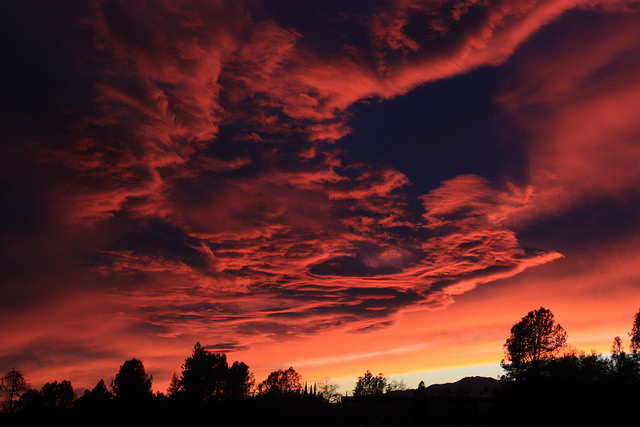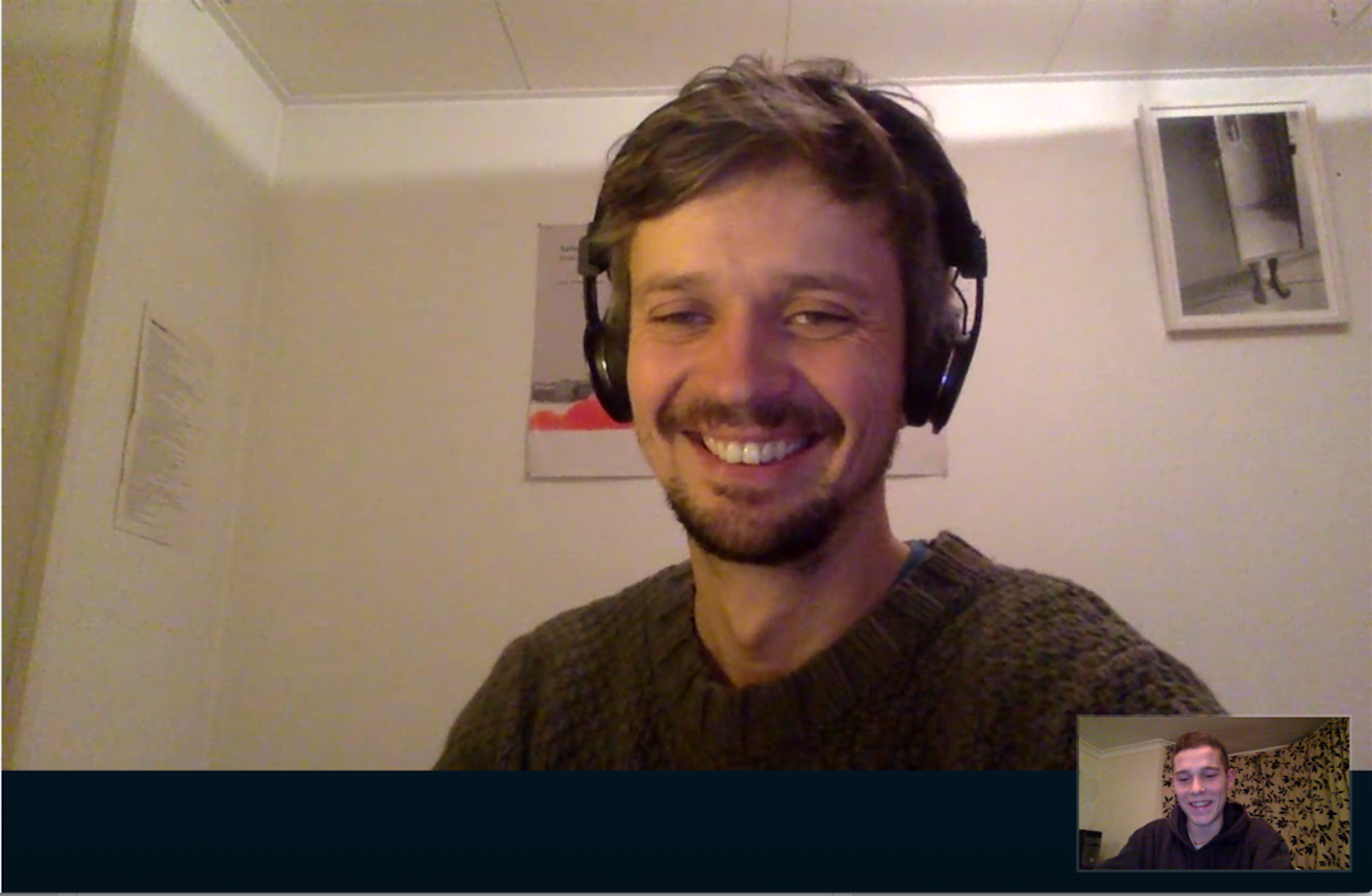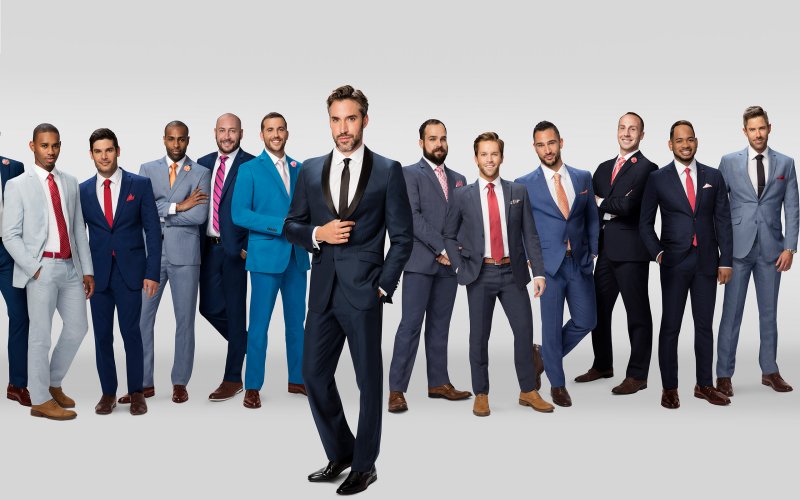
Gay men don’t get to be angry
In a gorgeous essay for Lenny released in June 2016, actress and comedian Casey Wilson quoted something her father used to say after one of his outbursts of rage.
“Men have anger.”
So do women, Wilson explains.
And so do gay men, I’d add.
This year, I had a rough summer, and read Wilson’s essay. I was mesmerised by her bold admission that she had smashed about a dozen phones and used to shatter her jewellery on restaurant tables when she felt like it. And although she admitted that reigning in her fury was a daily struggle, it just felt so freeing.
One night in August, I scrolled down my Facebook feed and saw that someone had lied to me and failed to cover their social media tracks or maybe, even more offensively, had not even cared to cover them. I remember waking up the next morning and spending the day going on frantic walks and fighting constant urges to bust my phone against the concrete. I found myself shaking with rage, and called my friends, screaming about the lie. I felt like hijacking a bus and yelling to everyone to jump the fuck off, before pile-driving it into a neighbouring pharmacy, and emerging, still fuming, foaming at the mouth.
In short, I woke up angry. But it was the first time in my life that I labelled it as such.
Nothing had led me to identify as an angry person. I had been mercilessly bullied in high-school, but even then, what came out of it looked less like rage and more like shit-talking. I didn’t ever explore why I talked about people the way I did. The reason was, in fact, so obvious I hadn’t even considered it: I was—am—angry. Like Wilson, the reason I only realise this now is because I never labelled whatever fuelled my bitter put-downs as anger. For me, anger meant throwing things, it meant screaming. It didn’t guarantee the social rewards that shit-talking does. And looking for anger as a gay man isn’t just to do with how I identify emotions. My environment also failed to label me as angry. Instead, here is the list of adjectives reserved to me:
Bitchy.
Snarky.
Judgmental.
Sassy.
The truth is, gay men just don’t get to be angry. We get to be sweet little fairies, or comedic sidekicks. We get to go to Queerfest with weird leather straps and wear too few clothes. We get to claim better fashion sense and an appetite for drama and emotions. But more than anything else, we get to be non-threateningly sassy, bitchy, or snarky.
One of my friends remarked a few days ago that during my undergraduate degree in France, some people didn’t like me because they thought I was bitchy and judgmental. I asked her to elaborate. She told me that back then, I was snarky about most of the students. I took a sip of my beer, and decided to avoid the whole issue altogether. It wasn’t that I disagreed with the content. The form, however, was another story. When I used to complain about my undergrad class that thinned out so dramatically from 400 to twenty, I spoke of the many, many students that skipped almost every class and had the gall to complain about professors failing them.
The thing is, I wasn’t being bitchy. I was seething.
I’m not saying it’s a beautiful, or justifiable, emotion, or one I pride myself on. But I was genuinely enraged at these students, at the French education system and its gold-star mentality, and at those who apologise for them. I may not be right, or charitable, or I may seem plain mean. But it’s easier for everyone to think of me as snarky. Like bitchy, snarky is an airy wink, a pirouette, a flex to prove wit and observation. These cruel little character flaws remain endearing, and, more than anything, geared towards pleasing other people: an object for consumption.
Snarky doesn’t go further than snark. But anger does. Anger is threatening. Anger presupposes a desire for change, while snark entails an immense degree of distance, like watching that pharmacy’s window and cackling about how tacky the nose-drop advertisements are. I don’t want to laugh. I want to crash the fucking bus.
Much like Casey Wilson, my anger led me to places I’m not always proud of. Should I have labelled that girl who cheated on all of her finals and ended up running circles around most of us a pathetic moron? Should I have told one of my friends that the editor who cut my column because it was too offensive was the type of guy even my old Catholic priest wouldn’t touch? Should I have said of the girl who tried to block Lincoln College from contributing to the refugee fund that Roe v. Wade was engineered specifically for her mother?
My first, instinctive answer is what my parents taught me: ‘No.’
Now, I’m thinking ‘Yes!’—just not in this way.
I wish I had had the courage not to veil these criticisms with an acerbic layer of humour, that my remarks did not make anybody laugh, that they made people feel squeamish and uncomfortable instead. I wish I hadn’t dealt with breakups through lame jokes that hid how devastated I was. I wish I had just screamed at them, or even just cried, that I had showed some fraction of how bereft I was, rather than pretending to be steely enough to just glide through it. I wish I hadn’t yielded under the pressure to play the part of the perfectly acceptable gay man.
Of course, there are consequences you have to accept when you unleash your anger. You might lose some people along the way, and you might unintentionally hurt others. But if I know anything about me, it’s that no matter what happens, through snark or just screams, I’m equally mean—if not meaner—when I get to calculate my attacks and dismiss their hurtful potential through humour.
We shame strong emotions because they mean losing control. Even our fantasies of relinquishing control over our lives must be modulated to entail no traces of blight or decay. Jennifer Lawrence gets to talk about pigging out in bed, but only if she’s a viable option for Chris Pratt to fuck for all eternity. YouTube stars get to joke about being pathologically lazy only when their immense ambitions have carried them to wealth and fame.
In fact, strong emotions are politically wise to suppress in others. If we fetishise contentedness, we stop looking at external power structures and their impacts. Men are shamed from showing sadness, pain, or vulnerability. Women are, like gay men, pigeonholed into calm, nurturing Madonnas.
And I’m ready to be angry.
We get spat on in middle-school, pushed into walls in high-school. Our brothers, fathers, mothers and sisters turn their backs on us. We have to remember not to be too gay at Christmas or late at night on public transport.
We are told every year that political candidates want to destroy our right to marriage and adoption and must watch them rally through our countries. We hear that we are unnatural and the product of genetic failure. We swell the homeless ranks and end up killing ourselves when the hatred of the outside world contaminates us. We plan our vacations around which countries aren’t likely to murder or imprison us while rich, straight white boys go and discover themselves in these very same countries. We are told certain places won’t bake a cake for us because we’re going to hell, and sometimes, as I walk down the street, I wonder if this bank would be allowed not to hire me, if this building would not lease to me, if this hospital would refuse to treat me, if this alley will be the one where I’ll get the beating so many gay men and women go through, when we are not murdered like our trans brothers and sisters.
If you think this line of thought is paranoid, enjoy the many blessings you were born with, handed to you as I was handed being gay. As Margaret Atwood would say, it’s not paranoia. It’s recognition of your situation.
We should be angry.
I don’t think all of us are furious people. That’s the beauty of being gay: we get to exist outside of narrow identity parameters. And my anger isn’t always a noble cry from the heart of all gay men to fix our unfair situation. Sometimes I’m just angry because of slow walkers, and that’s fine. I’m not always right, and being angry doesn’t make me a more honest person than the next guy.
But I have the right to be angry. Of course, there is a political danger to anger, such as the Angry Black Women narrative, where black women are sentenced to a fiction of perpetual rage guiding their bodies through irrational impulses. But for all of our emotions to be reduced to sassy eyerolls and finger snaps might not be better. If we don’t even recognize a capacity for personal anger in gay men, how are we supposed to foster a feeling of political anger?
I’m not calling for a moratorium on bitchy, snarky, or sassy. I don’t care what you call me. Because there’s a point when you won’t be able to ignore what’s boiling inside. You won’t see me looking at the pharmacy’s window.
Photo credit: flickr







